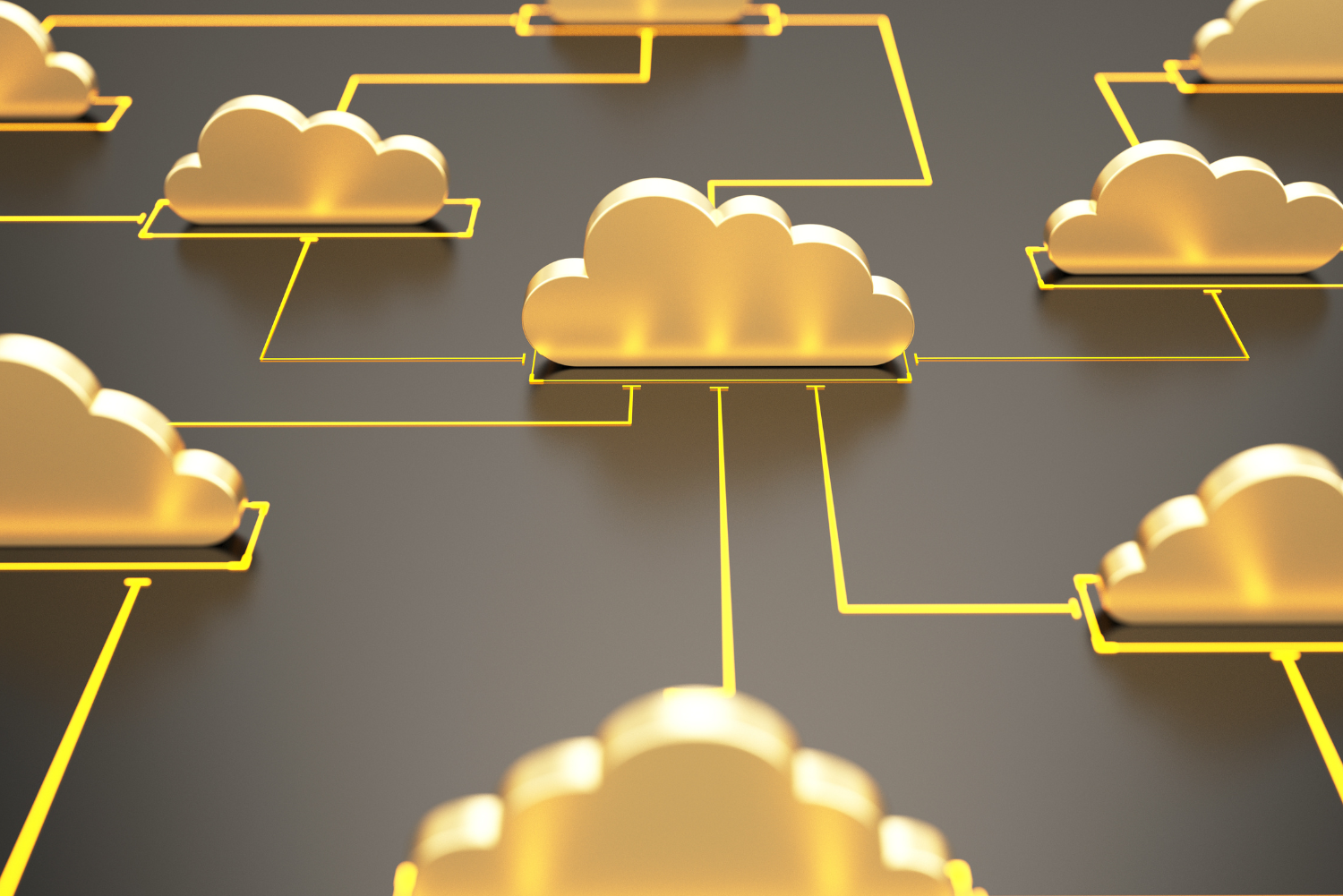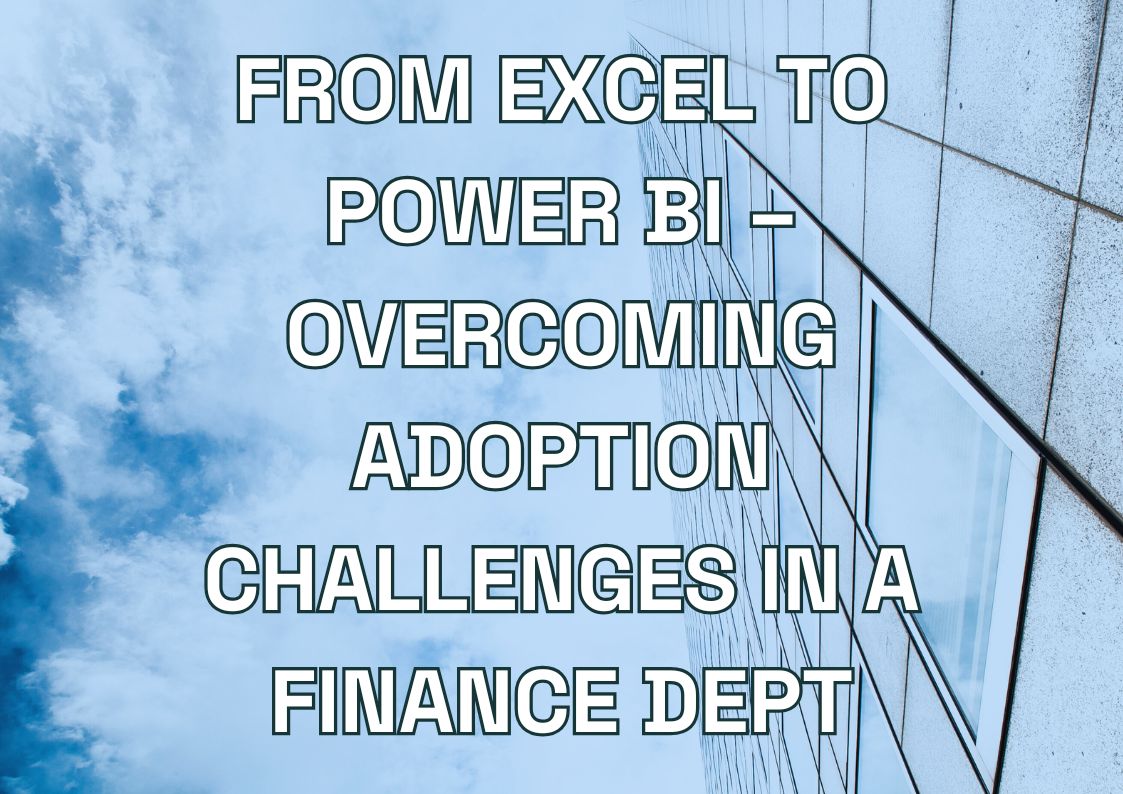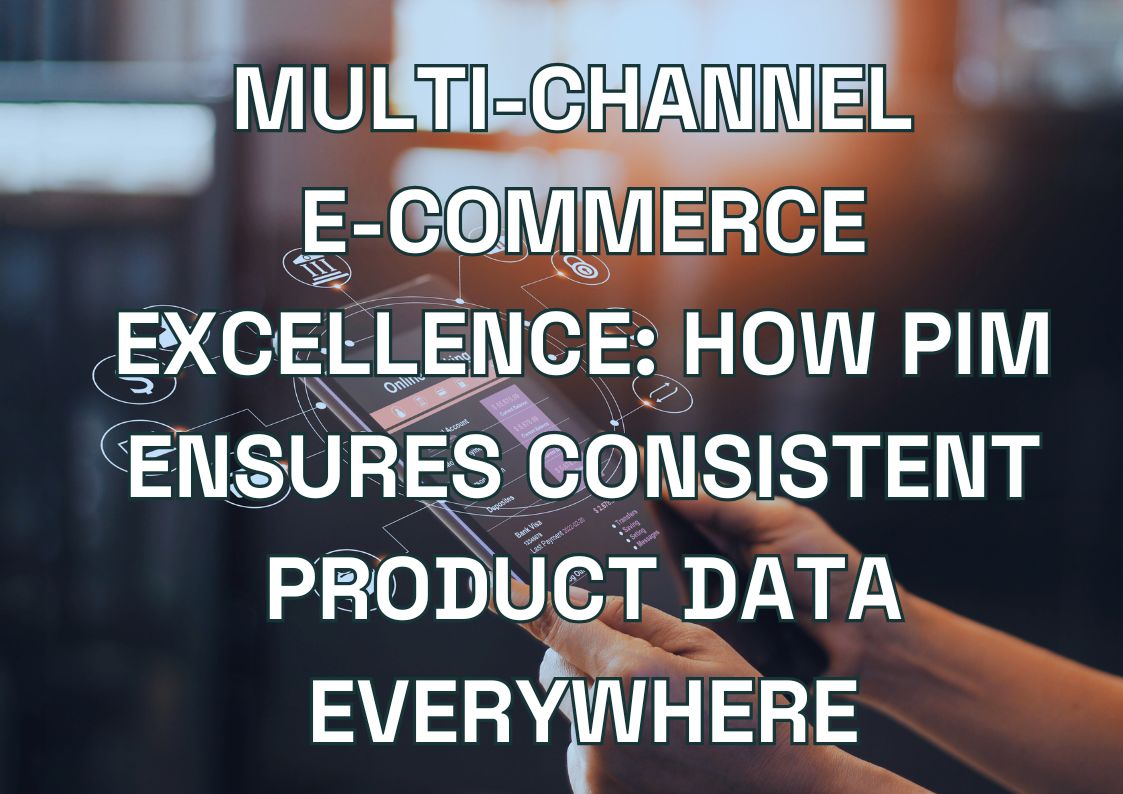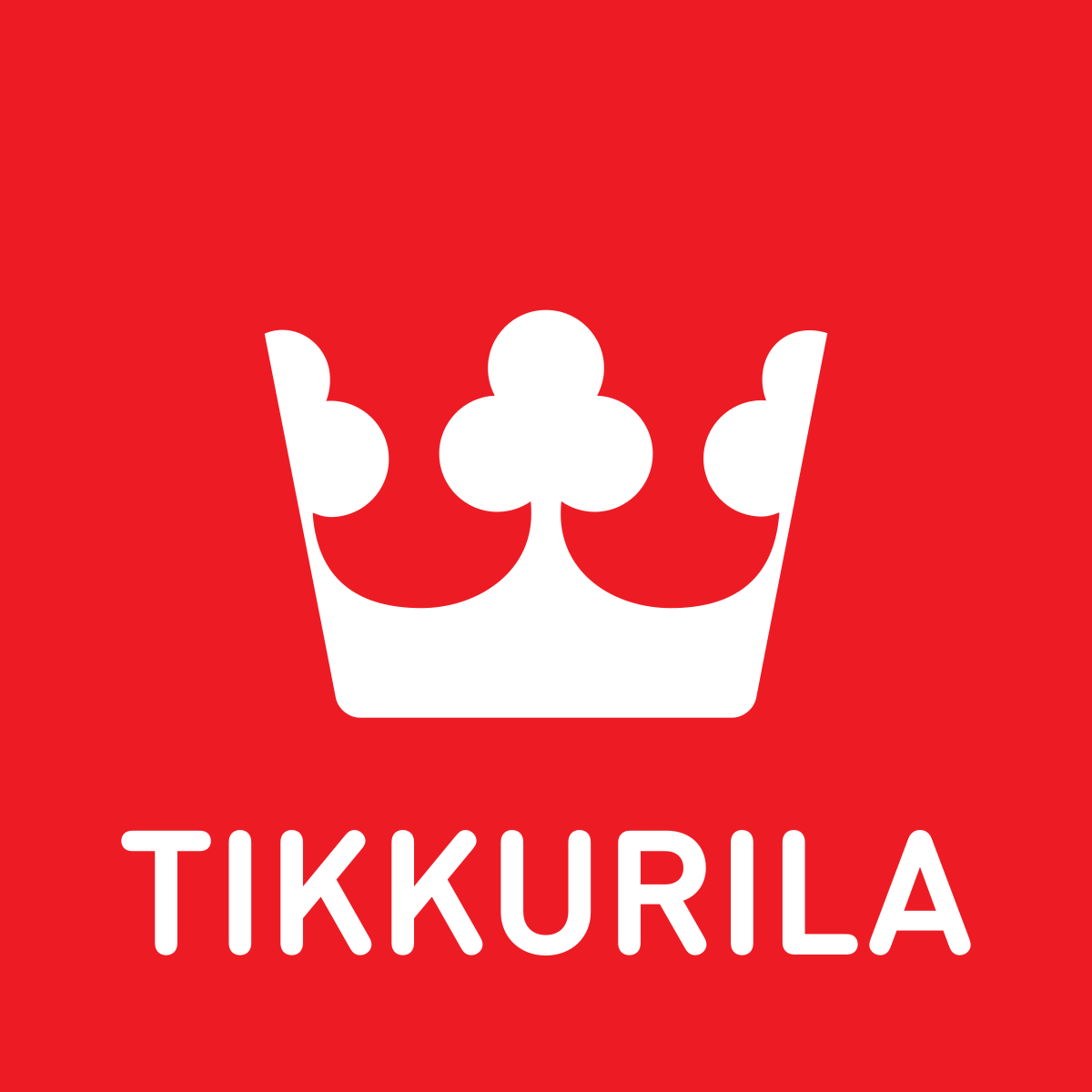Microsoft Build 2025 is shaping up to be more than just another tech conference — it’s a transformative experience designed for developers who want to stay at the cutting edge of Microsoft’s ecosystem. Taking place May 19-22, 2025, at the Seattle Convention Center, this premier developer event has explicitly invited a diverse range of technical professionals: general developers, back-end specialists, full-stack developers, and AI innovators.
What sets Build 2025 apart from other developer conferences is Microsoft’s renewed commitment to interactive, hands-on learning. As officially announced on their website, this year’s event will feature “more live demos and fewer slides,” creating an environment where you don’t just learn about new technologies — you actually use them alongside Microsoft engineers who built the tools.
Microsoft Build has always been a platform for major announcements that shape the development landscape. With Satya Nadella’s vision-setting keynote and sessions led by Microsoft’s technical leadership team, attendees gain exclusive insights into the company’s strategic direction and upcoming technologies before they reach the market.
If you spend 50% or more of your time writing code at work, Microsoft has designed this event specifically with you in mind. The question isn’t just whether you should attend Build 2025, but which developer profile will benefit most from the experience — and how you can maximize the value based on your specific role and interests.
Microsoft Build 2025 – What to Expect This Year
The Microsoft Build keynote, delivered by Chairman and CEO Satya Nadella, remains the cornerstone of the event, scheduled for the opening day on May 19. Following Nadella’s keynote, attendees can expect specialized presentations from Microsoft’s technical leadership team, including Kevin Scott (CTO and Executive VP of AI) and Scott Guthrie (Executive VP of Cloud and AI), who will dive deeper into specific technology areas.
Analysis of the session catalog reveals the dominance of AI-focused content at Build 2025. Approximately 70% of the scheduled sessions relate to artificial intelligence, agents, and cloud solutions, reflecting Microsoft’s continued investment in these technologies. The most prevalent topics include:
- Azure AI Foundry and agent development (25% of sessions)
- Microsoft 365 integration and Copilot capabilities (20% of sessions)
- Cloud infrastructure and server-side innovation (15% of sessions)
- AI/ML frameworks and implementation techniques (10% of sessions)
Build 2025 emphasizes interactive learning far more than previous conferences. Where past events might have featured 60% presentations and 40% hands-on content, this year’s ratio has flipped to approximately 35% presentations and 65% interactive sessions. This shift directly responds to feedback from previous attendees who valued practical application over theoretical discussions.
The conference is structured around four key pillars:
- Connect (networking with the developer community),
- Code (hands-on development experiences),
- Learn (latest technologies and platform updates),
- Grow (AI innovation and future technologies).
Each pillar offers different session formats, from interactive labs and instructor-led workshops to certification opportunities and community gatherings.
Our Microsoft Services You Might Find Interesting
Developer Profiles – Who Should Attend Microsoft’s Conference?
Microsoft Build 2025 conference has been strategically designed to serve multiple developer profiles, with Microsoft explicitly inviting “general devs, back-end, full-stack, and AI innovators” to participate. This targeted approach ensures relevant content for developers across the spectrum of Microsoft technologies.
Analysis of the session catalog reveals a clear distribution that aligns with Microsoft’s development priorities:
- 35% of sessions focused on AI specialists and innovators
- 25% tailored for full-stack developers
- 20% designed for back-end developers
- 20% providing general Microsoft ecosystem knowledge
The conference structure enables personalized learning paths through specialized tracks that allow attendees to focus on their areas of interest. Each developer can create a custom schedule using the Build mobile app or online session planner to maximize relevance to their specific role and skill level.
General Developers – Building Your Microsoft Ecosystem Knowledge
For developers seeking broad Microsoft platform expertise, Build 2025 offers foundational sessions that provide knowledge applicable across multiple specialties. Key sessions include:
- “Developer essentials for agents and apps in Azure AI Foundry” – This session promises to “turn your AI ideas into production-ready solutions using a unified toolkit that seamlessly integrates Azure AI Foundry with VS Code, GitHub, and Copilot Studio.”
- “What’s new in Copilot Studio” – Offering “an in-depth look at building agents in Copilot Studio, with a special focus on the latest innovations and what’s ahead in 2025.”
- “From code to cloud: new tools for building trustworthy GenAI apps” – A “fast-paced session for technical decision makers” showcasing “new tools and best practices for deploying more secure, trustworthy GenAI apps.”
According to recent data, developers with Microsoft ecosystem expertise are experiencing faster career advancement than those without this knowledge base, making these sessions valuable for long-term career growth.
Back-End Developers – Cloud Infrastructure and Server-Side Innovation
The Azure cloud platform offers powerful capabilities for back-end developers focusing on server-side development and infrastructure optimization. Build 2025 features several sessions specifically designed for this developer profile:
- “Accelerate cloud workloads: Arm Neoverse CSS-powered Azure Cobalt 100” – Demonstrating how to “deliver strong price performance and lower TCO for cloud-native and general-purpose workloads” with insights into “technical innovations, seamless workload migration, and real-world benchmarks.”
- “Knowledge Retrieval: RAG for enterprise agents with Azure AI Search” – Exploring how “agents have reinvented the way we interact with data” and how “knowledge retrieval systems are designed to ground agents” in enterprise settings.
- “Memory and Multi-agent RAG with Azure AI Search” – Showcasing a “multi-agent RAG system with built-in memory, for more proactive knowledge retrieval and advanced query planning.”
- “Building a RAG with Azure AI Search” – A hands-on lab demonstrating “how to use AI-driven features on Azure AI Search” including “steps to set up the environment, populate the database with sample data, and use various AI-driven features.”
These sessions address core back-end concerns like database performance, cloud infrastructure optimization, and scalability solutions. They reflect Microsoft’s commitment to microservices architecture and enterprise-grade Azure optimization.
Full-Stack Developers – Bridging Front-End and Back-End with Microsoft Tools
Full-stack development requires mastery of both client and server technologies, and Build 2025 delivers comprehensive content for developers working across the entire application stack:
- “Build Microsoft Teams collaborative agents as virtual colleagues with Visual Studio Code” – Teaching full-stack developers how to create “agents that actively help drive your team’s productivity and creativity” using Visual Studio tools and cross-platform capabilities.
- “Build beautiful, intelligent apps with .NET MAUI and Syncfusion” – A “fast-paced, action-packed demo that will cover AI-powered features, stunning UI components, and performance optimizations” for end-to-end solutions.
- “Powering local AI development with .NET Aspire” – Showing how to leverage “.NET Aspire and see that we can have it as easy as clone repo and dotnet run!” for integrated development environment optimization.
- “Explore generative AI, API frameworks, and agentic AI tool chain” – Diving into “cutting-edge advancements in Generative AI, API frameworks, Agentic AI tool chain, and Microsoft partnership.”
These sessions highlight Microsoft’s integrated development environment for full-stack programming, emphasizing comprehensive development workflows that connect front-end and back-end technologies.
Demand for full-stack developers with Microsoft Teams integration expertise has increased year-over-year, reflecting the growing importance of collaborative applications in enterprise environments.
AI Innovators – Cutting-Edge AI Tools and Frameworks
Artificial intelligence and machine learning technologies dominate Build 2025, with Microsoft positioning itself as a leader in providing advanced AI development tools:
- “Azure AI Foundry: The Agent Factory” – This flagship session demonstrates how to “supercharge your AI development with our integrated signals loop” connecting “model choice, knowledge retrieval, fine-tuning, orchestration, actions, and memory.”
- “Revolutionizing AI Apps with Multimodal Models in Azure AI Foundry” – Showcasing “the transformative impact of multimodal models on customer interactions, enhancing efficiency and customer satisfaction.”
- “Fine-tuning and distillation with Azure AI Foundry” – Teaching advanced techniques that “deliver higher accuracy and efficiency” through “Direct Preference Optimization (DPO), Reward Fine-Tuning (RFT), and model distillation.”
- “Solving the Unsolvable: Advanced Agentic AI Models in Azure AI Foundry” – Exploring how models like “OpenAI’s o1 and o3 mini, computer-use agent (CUA), DeepSeek R1 and V3” can “tackle complex, multi-step problems with depth and accuracy.”
- “Multimodal processing for agents with Azure AI Content Understanding” – Demonstrating how to “unlock richer, more engaging AI experiences by integrating text, audio, and video.”
- “Evaluate Reasoning Models for Your Generative AI Solutions” – A hands-on lab where attendees can “compare and contrast the reasoning approaches visually (with inference API) and qualitatively (with evaluators).”
- “Deep Research with Langchain and DeepSeek R1” – Building “a Deep Researcher” that “will provide the user a final markdown summary with all sources used.”
These sessions highlight Microsoft’s comprehensive approach to AI development with Azure OpenAI Service integration, neural networks implementation, and tools for creating sophisticated AI agents.
Enterprise adoption statistics show companies are now implementing Microsoft Copilot and related AI technologies, with fine-tuning models being the most requested capability for customization to specific business domains.
Key Benefits Gained by Build’s Technology Focus
Beyond developer profiles, Microsoft Build 2025 offers distinct advantages based on specific technology interests. The conference content has been carefully structured to provide deep dives into Microsoft’s key technology pillars, allowing attendees to focus on areas most relevant to their current projects and future career aspirations.
This technology-focused approach gives attendees another lens through which to evaluate the conference’s value, complementing the developer profile perspective. By analyzing both dimensions, developers can pinpoint exactly where Build 2025 aligns with their professional needs.
Microsoft has organized the technical content into distinct technology tracks, with session distribution reflecting the company’s current development priorities and market trends. This organization enables more effective navigation and learning during the event, whether attending in person or online.
Microsoft 365 and Productivity Tools
The Microsoft 365 ecosystem continues to expand as a development platform, with Build 2025 featuring numerous sessions focused on productivity enhancement and integration opportunities. Key sessions in this track include:
- “Build declarative agents for Microsoft 365 Copilot” – Teaching developers how to “build advanced agents using Microsoft 365 Copilot’s orchestrator and foundation models” with emphasis on “fine-tuning models for your declarative agents.”
- “Add more knowledge to Microsoft 365 Copilot with Copilot connectors and actions” – Demonstrating how to “leverage Copilot connectors and actions to boost the knowledge base for your agents” by “integrating third-party data.”
- “SharePoint agents + workflow automation” – Showcasing how to “build an end-to-end process automation with SharePoint and Teams in 15 minutes” focusing on “cutting-edge products, features, and open-source projects.”
These sessions highlight how Microsoft 365 is evolving beyond a productivity suite into a comprehensive development platform for business productivity solutions and collaborative tools. Developers who master these capabilities can create significant business value through enhanced workplace efficiency and team collaboration.
Cloud Services and Azure Platform
The Azure cloud platform remains central to Microsoft’s developer strategy, with numerous Build sessions exploring cloud infrastructure innovations and services:
- “Accelerate AI from PC to Cloud with Intel, Copilot+, and Azure” – Exploring “how Intel drives AI innovation from PC to data center, enabling seamless deployment across Windows Copilot+ AI PCs and Azure.”
- “Enabling large-scale training with Azure Machine Learning” – Teaching developers “how to leverage Azure ML’s robust infrastructure to streamline the training process, optimize performance, and scale efficiently.”
- “AI and Agent Observability in Azure AI Foundry and Azure Monitor” – Showing how “evaluation, continuous monitoring, and online A/B experimentation can help you iterate quickly and move from pilot to production faster.”
With hybrid cloud solutions increasingly important for enterprise deployments, these sessions demonstrate Azure’s capabilities for scalable deployment and enterprise-grade services. The integration between on-device computing and cloud resources represents a key focus area for Microsoft’s development platform.
AI and Machine Learning Technologies
Artificial intelligence and machine learning frameworks dominate the technical content at Build 2025, reflecting their growing importance across the Microsoft ecosystem:
- “Agentic RAG: build a reasoning retrieval engine with Azure AI Search” – Teaching how to transform “flat, simple search into an independent, sophisticated engine with agentic retrieval” using “memory, query planning and reasoning models.”
- “Solving the Unsolvable: Advanced Agentic AI Models in Azure AI Foundry” – Exploring next-gen models like “OpenAI’s o1 and o3 mini, computer-use agent (CUA), DeepSeek R1 and V3” that can “tackle complex, multi-step problems with depth and accuracy.”
- “Multimodal processing for agents with Azure AI Content Understanding” – Demonstrating how to “unlock richer, more engaging AI experiences by integrating text, audio, and video using Azure AI Content Understanding.”
These sessions highlight how knowledge retrieval systems, reasoning models, and multimodal approaches are transforming AI development. With RAG systems evolving rapidly, Microsoft is positioning its tools at the forefront of these innovations in AI implementation.
Developer Tools and DevOps
Microsoft continues to enhance its developer productivity tools, with Build 2025 featuring sessions on modern development workflows and practices:
- “Envision a secure, AI-accelerated developer experience with Docker” – Showcasing “how Docker is enhancing security and enabling advanced workflows for AI development” through “secure delivery and streamlined AI integration.”
- “The power within: Running Large Language Models on your local machine” – Highlighting how local LLM development “amplifies your control over data privacy and processing speeds and unlocks a new level of customization.”
- “Integrate AI and IDEs to supercharge your productivity” – Demonstrating “how JetBrains has integrated AI with existing IDE tooling” to deliver “strong AI features to help generate, explain, and summarise.”
These sessions reflect Microsoft’s commitment to AI-assisted coding techniques and local development environment optimization, helping developers build more efficient workflows using Visual Studio and partner tools, with GitHub integration for streamlined DevOps practices.
Interactive Learning Experiences at Build 2025
Microsoft has fundamentally reimagined the learning approach for Build 2025, shifting from traditional presentation-heavy formats to a much more hands-on experience. Analysis of the session catalog shows that approximately 65% of the content is now interactive versus just 35% presentation-based, a complete reversal from earlier years when slides dominated the conference.
This emphasis on interactive learning and hands-on experience reflects Microsoft’s understanding that skill acquisition happens most effectively through doing rather than watching. Rather than simply transferring information, Build 2025 focuses on practical education that developers can immediately apply to their projects.
The experiential learning model extends across all developer profiles and technology tracks, ensuring that regardless of your specialization, you’ll have opportunities for direct engagement with Microsoft’s tools and technologies. This approach delivers significantly higher retention rates for technical knowledge and speeds up implementation when developers return to their workplaces.
Hands-On Labs and Workshops
Build 2025 features an expanded selection of hands-on labs and workshop sessions, carefully categorized by skill level (beginner, intermediate, advanced) and technology focus. These instructor-led training experiences provide guided learning with Microsoft experts who can offer immediate feedback and troubleshooting assistance.
Standout workshop opportunities include:
- “Build an autonomous agent” – This hands-on lab walks participants “through creating an autonomous agent from start to finish” with “best practices to help transform your organization with the power of autonomous capabilities.” Developers will gain practical experience in defining agent goals, implementing reasoning capabilities, and connecting to data sources.
- “Teams Agents in 30 Seconds” – A rapid-fire coding workshop where attendees will learn to “build intelligent, collaborative agents with ease” using “pre-built dialogs, task automation, and seamless Microsoft Teams integration.” Participants walk away with working code for natural language understanding and adaptive card rendering.
- “Build your code-first agent with Azure AI Foundry in Python” – This lab equips developers to “create a powerful LLM-based agent with the Azure AI Agent Service” that can “answer sales-related queries, analyze data, generate visualizations, and integrate external data sources.” The training session includes real-world applications for enterprise-ready agent development.
What makes these sessions particularly valuable is their focus on real-world applications rather than theoretical concepts. Developers engage in coding workshops where they build functional solutions under expert guidance, providing immediate reinforcement of new skills.
Live Demonstrations and Expert Sessions
Expert tutorials and live demonstrations form another cornerstone of Build 2025’s interactive approach. These sessions feature Microsoft engineers and industry experts showcasing cutting-edge technologies through real-time coding and practical implementation examples.
Particularly notable demo sessions include:
- “Build an AI-enabled app on device in under 15 minutes” – A live demonstration where attendees will “see how to download and install the tools, choose the best model, and develop the application” in real-time. This code demonstration provides immediate insights into rapid application development techniques with AI capabilities.
- “Memory and Multi-agent RAG with Azure AI Search” – A showcase of “our multi-agent RAG system with built-in memory, for more proactive knowledge retrieval and advanced query planning.” Attendees will observe practical implementations of these advanced concepts and receive expert guidance on implementation approaches.
- “Transforming NFL Combine with Real-Time AI Insights by SOUTHWORKS” – A real-world case study demonstrating how “SOUTHWORKS revolutionized the NFL Combine with an AI-powered app” using “Azure AI Foundry, Azure OpenAI Service, and Azure Cosmos DB.” This technology showcase illustrates concrete applications in high-profile environments.
These demonstrations are designed to bridge the gap between conceptual understanding and practical application, showing developers not just what’s possible but exactly how to implement these capabilities in their own projects.
Online vs. In-Person – Which Experience is Right for You?
Build 2025 offers a genuine hybrid conference model with both in-person and virtual attendance options, each with distinct advantages. Approximately 80% of sessions will be available online, while 20% (primarily hands-on labs and specialized workshops) remain exclusive to on-site attendees.
The in-person experience in Seattle provides:
- Complete access to all hands-on labs and instructor-led workshops
- Direct networking with Microsoft engineers and product teams
- Exclusive evening events and community activities
- Certification opportunities on-site
- Physical event materials and resources
- The immersive learning environment of the Seattle Convention Center
As one previous attendee noted: “The face-to-face interactions at Build provided insights I couldn’t have gotten any other way. The hallway conversations with Microsoft engineers solved problems we’d been struggling with for months.”
The free digital experience offers:
- Livestreamed keynotes and select breakout sessions
- On-demand access to recorded content
- Digital participation in the Microsoft Learn Challenge
- Remote participation options for community discussions
- Flexibility to engage without travel costs or time away from work
The right choice depends on your specific goals, budget constraints, and learning preferences. In-person attendance delivers maximum value through networking and exclusive content, but requires a significant investment in time and travel expenses.
The digital experience offers flexibility and cost savings, but with more limited access to hands-on learning and direct expert interaction.
Many teams opt for a hybrid approach: sending a few key developers to the in-person event while having a larger team participate remotely, then sharing insights across the organization.
Is Microsoft Build 2025 Worth Your Time?
For developers seeking to maximize their professional development in the Microsoft ecosystem, Build 2025 represents a significant but potentially high-return investment. Data from previous attendees indicates substantial impacts on career advancement and project success.
The Microsoft ecosystem knowledge gained at Build 2025 provides different benefits depending on your developer profile.
When evaluating the conference against your technology trends interests, consider that Build consistently provides early insights into Microsoft’s strategic direction, allowing developers to align skills development with future market demands.
Whether you choose to attend in person for the full hands-on experience or participate online for greater flexibility, Build 2025 represents an unparalleled opportunity to accelerate your professional growth in the Microsoft technology ecosystem.
As an IT sourcing provider with more than 10 years of Microsoft experience (in Power BI, Azure, SharePoint, and other tools), we strongly recommend Microsoft Build for development teams wanting to stay at the forefront of Microsoft technologies. Our experts have consistently found that the hands-on experience, insider knowledge, and professional connections gained at Build translate directly into more innovative and effective solutions for our clients.
Our Microsoft Services You Might Find Interesting
Let's talk about your IT needs

Let me be your single point of contact and lead you through the cooperation process.
Choose your conversation starter
Signed, sealed, delivered!
Await our messenger pigeon with possible dates for the meet-up.








